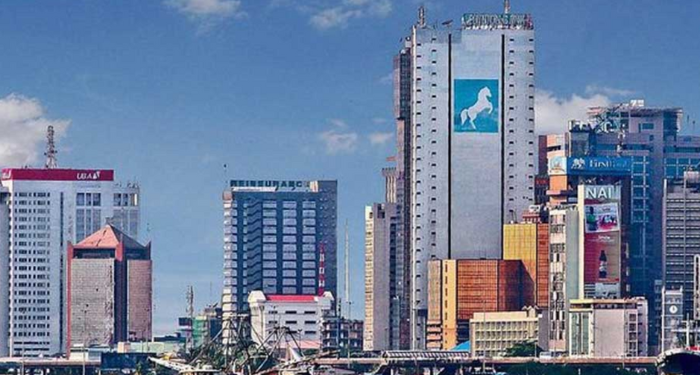Banks are expected to approach stock market for additional fund with the introduction of new minimum capital requirements, according to Senator Osita Izunaso, the Senate Committee Chairman on Capital Market and Institutions.
In a statement, Izunaso commended the Central Bank of Nigeria’s (CBN) initiative to implement these requirements.
He explained that the measure was critical given the depreciation of the naira, which significantly affected the capital base of banks in recent years. Highlighting the innovative approach of adopting tiered capital requirements based on a bank’s operational scale, he contrasted this with the uniform N25 billion capital base used in the 2005 banking recapitalisation.
The statement read:
- “The new minimum capital requirements for banks operating in Nigeria, with the objective of ensuring a more safe, sound and stable banking system is a welcome development that will help strengthen the country’s financial system in general.
- “This new Capital requirement is justified by the negative impact of naira depreciation on the capital base of banks over the years especially following the recent unification of exchange rates.
- “The adoption of tiered minimum capital requirements in respect of international, national and regional authorization is commendable unlike the uniform capital base of N25 billion which applied in the 2005 banking recapitalisation exercise.
- “In view of the strong link between the money and capital markets in Nigeria with most banks quoted on the Nigerian Exchange, I have no doubt that the successful implementation of this exercise will have salutary impact on the capital market.”
Recapitalization to boost financial system
He noted that the expectation is that banks, many of which are listed on the Nigerian Exchange, will utilize the stock market to raise the necessary funds through offers for subscription or rights issues. Such a move is predicted not only to bolster the financial system but also to positively influence the capital market.
Izunaso stressed the importance of injecting fresh capital to meet these requirements, rather than relying solely on revenue reserves. This strategy is poised to deepen the capital market, escalate equities market capitalization, and possibly act as a beacon for Foreign Direct Investment (FDI), with beneficial effects on the economy at large.
He said:
- “Against the backdrop of the requirement to use only paid-up share capital and share premium for recapitalisation purposes, it is expected that most of the banks will approach the Stock market to raise additional funds either through an offer for subscription or rights issue.
- “This has the potential to deepen the market, increase equities market capitalization as well as serve as a veritable source of Foreign Direct Investment with positive multiplier effects on the economy.”
Navigating risks
However, Izunaso also highlighted potential risks, particularly the danger of banks using laundered money for recapitalisation through private placements. He urged the CBN to enhance its oversight to ensure that only fit and proper individuals become significant shareholders, noting that transactions through the stock market inherently provide an extra layer of scrutiny.
Reaffirming his support, Senator Izunaso assured the CBN and stakeholders of the Senate Committee on Capital Market’s commitment to the successful execution of the recapitalisation programme, emphasizing its critical role in strengthening Nigeria’s financial landscape.
More Insights
- Nairametrics earlier reported that the CBN, alongside law enforcement agencies, will closely monitor the Nigerian banking sector’s recapitalization efforts to prevent the influx of illicit financing into the sector.
- Also, an analysis by Nairametrics further showsthat 11 banks may need to raise a total sum of N2.61 trillion to meet up with the CBN’s target by March 31, 2026.
- Some bankers have criticised the CBN’s decision to omit retained earnings from the share capital calculation in its recent recapitalization guidelines.






















